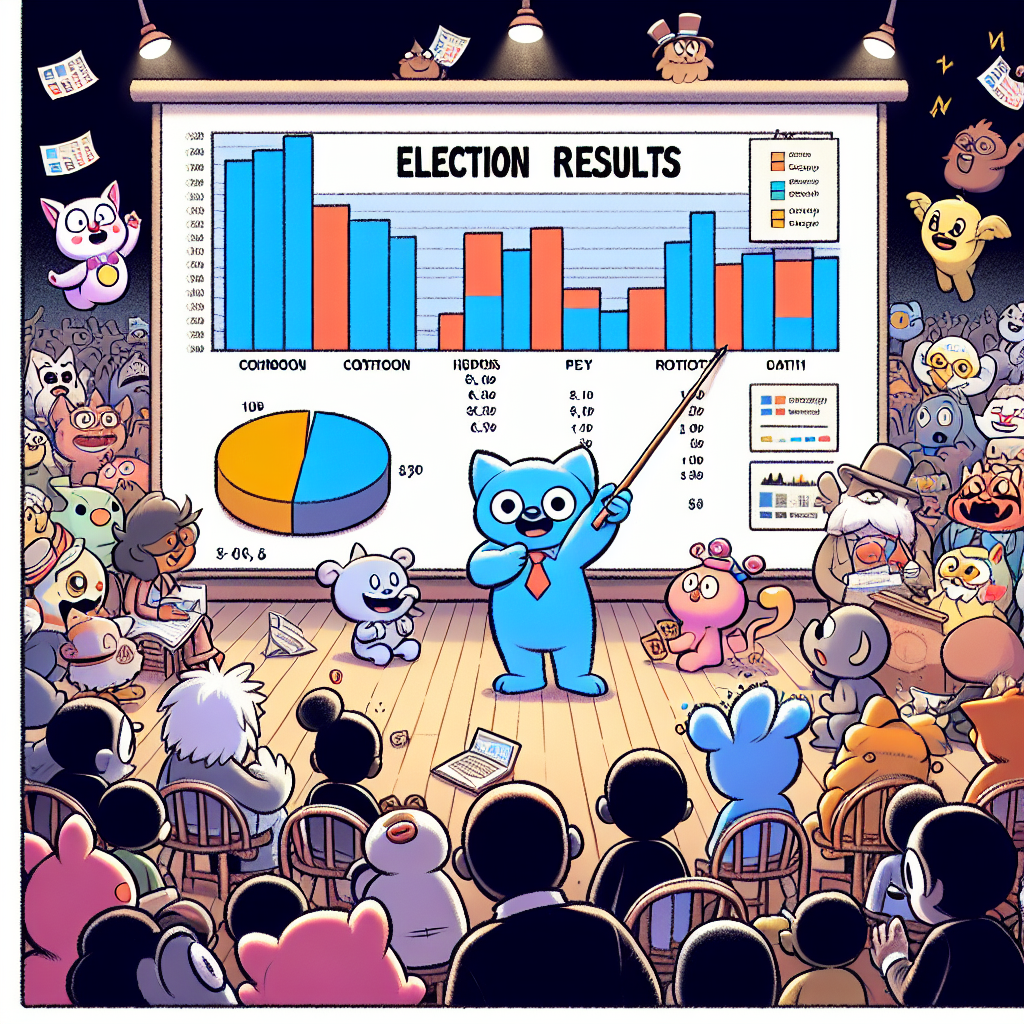Brandenburg Election: Far-Right AfD Takes the Lead
Germans in Brandenburg voted in a regional election where the far-right AfD is expected to finish first, ahead of Chancellor Olaf Scholz's Social Democrats. Other parties have refused to work with the AfD despite its growing support amid economic fears and discontent with Scholz's federal coalition.

Germans in the state of Brandenburg voted in a regional election on Sunday with the far-right Alternative for Germany (AfD) poised to finish first, surpassing Chancellor Olaf Scholz's Social Democrats (SPD) in a traditional stronghold. This builds on the AfD's previous successes in other eastern states such as Thuringia, where it became the first far-right party to win a state election in Germany since World War Two, and Saxony, where it narrowly missed first place.
Despite the surge, other parties refuse to collaborate with the AfD in coalition governments. The AfD didn't secure a majority in Thuringia or Saxony and is unlikely to do so in Brandenburg, suggesting it won't form part of the regional government. The AfD capitalizes on economic slowdown fears, immigration concerns, and the strained issues from the Ukraine war, discontent that is particularly prominent in former Communist eastern Germany. They also benefit from the infighting within Scholz's three-party federal coalition.
Polls close in Brandenburg at 6 p.m. (1600 GMT) with first exit and preliminary projections expected immediately after. Hans-Christoph Berndt, the AfD candidate for Brandenburg state premier, cast his ballot in Golssen, expressing optimism. An AfD victory would embarrass the SPD, which has governed Brandenburg since German reunification in 1990, and further question Scholz's suitability to lead into the next federal election.
SPD premier Dietmar Woidke has distanced himself from Scholz, criticizing the coalition's behavior and policies while promoting economic successes like the Tesla factory and Brandenburg airport. Opinion polls narrowed the gap between SPD and AfD recently, with the SPD on 27% and the AfD on 28%, raising stakes high for the eventual federal election in 2025.
(With inputs from agencies.)










